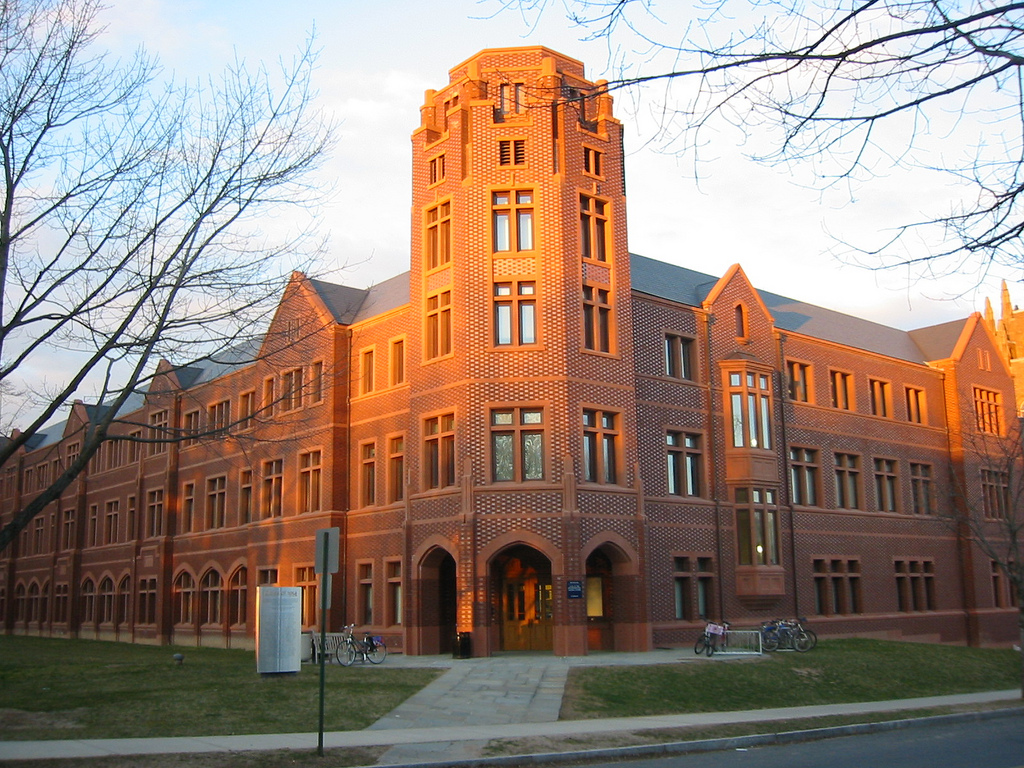
| Degree | Masters |
|---|---|
| Teaching Language | English |
| Course duration | Full Time - 5 semesters |
| Tuition Fees Amount | None |
| Semester | |||
|---|---|---|---|
| Non-European | App. Start | Deadline | Description For Semesters Dates |
| Winter | 01 Mar | 31 May | - |
| European | |||
| Winter | 01 Jun | 31 Jul | - |
| Application Deadline |
|
|---|---|
| Website | Course Website |
| Scholarship | Yes |
| More Information On Beginning Of Studies | • Winter semester studies starts in October every year. • International students must plan their visa application accordingly. |
| Course duration | Full Time - 5 semesters |
|---|---|
| Language | English |
| Semester | |||
|---|---|---|---|
| Non-European | App. Start | Deadline | Description For Semesters Dates |
| Winter | 01 Mar | 31 May | - |
| European | |||
| Winter | 01 Jun | 31 Jul | - |
| Course Website | |
|---|---|
| Description/content |
|
More Information On Beginning of Studies | • Winter semester studies starts in October every year. • International students must plan their visa application accordingly. |
| Tuition fees | No |
|---|---|
| Tuition fees amount | None |
| Additional information on fees | |
| Semester contribution | • The semester contribution amounts to approx. 290 EUR per semester. • This gives students access to free regional public transportation in the Hessen region. |
| Costs of living | Students spend around 700 € to 800 € per month on living costs. • The costs of rent, food, clothing, travel and cultural activities is slightly higher than the EU average. • The largest expense is rent. So costs will change where you choose to live. • You should try and get university Dom at earliest. |
| Scholarships | Yes |
| Academic admission requirements |
|
|---|---|
| Language requirements |
|
| Document Required |
|
| Application deadline |
|
| Submit Application To | Please follow the instructions given on our website. |
| Possibility of finding part-time employment |
|
|---|---|
| Accommodation | Yes |
| Accommodation Details | Please check with university after you get an admission. |
| Supervisor-Student Ratio | - |
| About University |
|
|---|---|
| Profile | - |
| Logo | - |